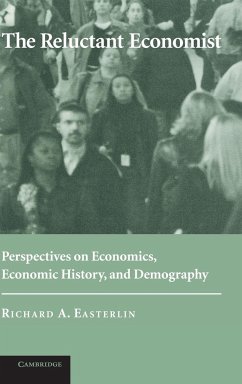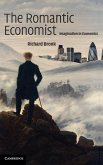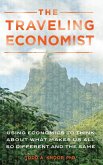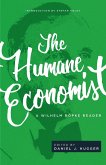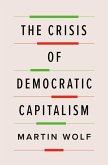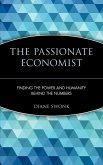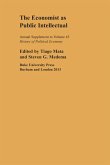Short description/annotation
These essays explore the nature of worldwide economic growth, population, and fertility changes.
Main description
Where is rapid economic growth taking us(?)33; Why has its spread throughout the world been so limited(?)33; What are the causes of the great twentieth century advance in life expectancy(?)33; Of the revolution in childbearing that is bringing fertility worldwide to near replacement levels(?)33; Have free markets been the source of human improvement(?)33; Economics provides a start on these questions, but only a start, argues economist Richard A. Easterlin. To answer them calls for merging economics with concepts and data from other social sciences, and with quantitative and qualitative history. Easterlin demonstrates this approach in seeking answers to these and other questions about world or American experience in the last two centuries, drawing on economics, demography, sociology, history, and psychology. The opening chapter gives an autobiographical account of the evolution of this approach, and why Easterlin is a 'reluctant economist'.
Table of contents:
Part I. Economics: 1. The reluctant economist; 2. Economics and subjective testimony; 3. Is economic growth creating a new postmaterialistic society(?)33;; Part II. Economic History: 4. Why isn't the whole world developed(?)33;; 5. Kuznets cycles and modern economic growth; 6. Industrial revolution and mortality revolution: two of a kind(?)33;; 7. How beneficent is the market(?)33; A look at the modern history of mortality; Part III. Demography: 8. An economic framework for fertility analysis; 9. New perspectives on the demographic transition; 10. Does human fertility adjust to the environment(?)33; Population change and farm settlement in the northern United States; 11. America's baby boom and baby bust, 1940-1980: causes and consequences; 12. Preferences and prices in choice of career: the switch to business.
Hinweis: Dieser Artikel kann nur an eine deutsche Lieferadresse ausgeliefert werden.
These essays explore the nature of worldwide economic growth, population, and fertility changes.
Main description
Where is rapid economic growth taking us(?)33; Why has its spread throughout the world been so limited(?)33; What are the causes of the great twentieth century advance in life expectancy(?)33; Of the revolution in childbearing that is bringing fertility worldwide to near replacement levels(?)33; Have free markets been the source of human improvement(?)33; Economics provides a start on these questions, but only a start, argues economist Richard A. Easterlin. To answer them calls for merging economics with concepts and data from other social sciences, and with quantitative and qualitative history. Easterlin demonstrates this approach in seeking answers to these and other questions about world or American experience in the last two centuries, drawing on economics, demography, sociology, history, and psychology. The opening chapter gives an autobiographical account of the evolution of this approach, and why Easterlin is a 'reluctant economist'.
Table of contents:
Part I. Economics: 1. The reluctant economist; 2. Economics and subjective testimony; 3. Is economic growth creating a new postmaterialistic society(?)33;; Part II. Economic History: 4. Why isn't the whole world developed(?)33;; 5. Kuznets cycles and modern economic growth; 6. Industrial revolution and mortality revolution: two of a kind(?)33;; 7. How beneficent is the market(?)33; A look at the modern history of mortality; Part III. Demography: 8. An economic framework for fertility analysis; 9. New perspectives on the demographic transition; 10. Does human fertility adjust to the environment(?)33; Population change and farm settlement in the northern United States; 11. America's baby boom and baby bust, 1940-1980: causes and consequences; 12. Preferences and prices in choice of career: the switch to business.
Hinweis: Dieser Artikel kann nur an eine deutsche Lieferadresse ausgeliefert werden.

